Understand more about your care

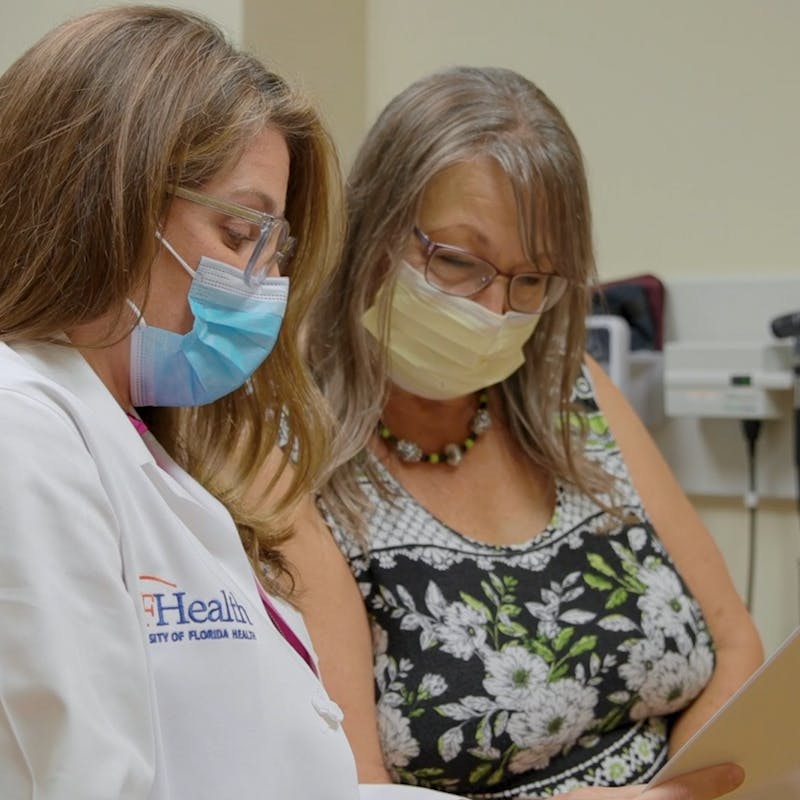
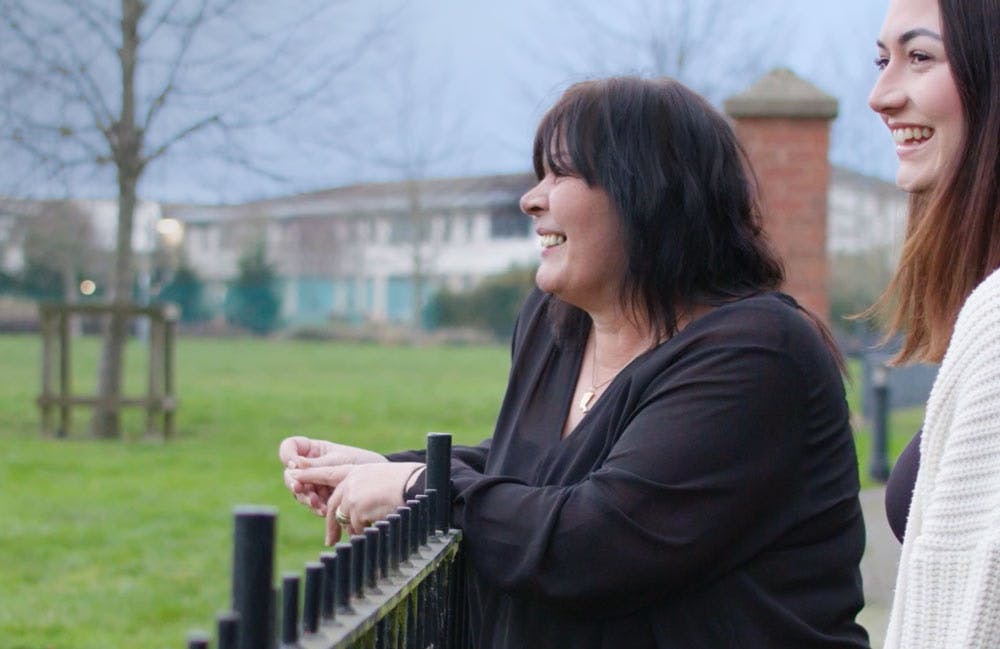













What to expect from your treatment
If you've been told that you have breast cancer, you may require surgery to remove the affected tissue and check if the cancer has spread beyond the breast.
While the prospect of surgery can be daunting, the good news is that breast cancer is one of the most well-understood cancers. Thanks to recent innovations, it can now be treated with fewer surgical procedures and less discomfort than ever before.
Endomag technologies play a small but important role in the treatment of breast cancer, helping surgeons to perform removal and staging procedures with greater precision and care.
What do our products do?
When a surgeon performs breast surgery, they’re looking for the most likely sites of cancer. To help them find the right spot, they insert a small localisation device, and inject a tracer liquid into the breast before surgery.
In the past, surgeons have used devices called guidewires and radioactive tracers to perform these removal and staging procedures. However, with Endomag technologies the procedures are performed using magnetic alternatives instead. The benefits of our technologies include reduced discomfort, fewer hospital visits, improved cosmetic outcomes, and greater accuracy for the surgeon in removing the cancer.
To hear from other patients or find out more about the role that Endomag products can play in your treatment, take a look at the links below.
Patient stories
Hear from some of the women who have received a better patient experience with the Magseed® marker and Magtrace® lymphatic tracer.
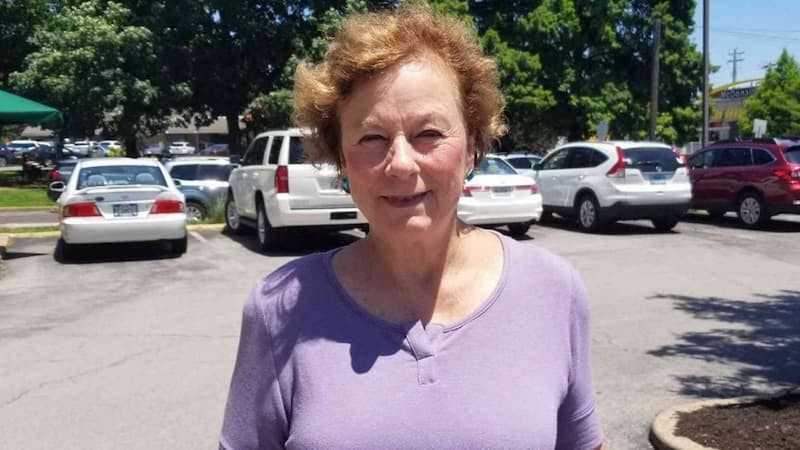
“Unbelievably convenient” – Chris’ lumpectomy surgery experience
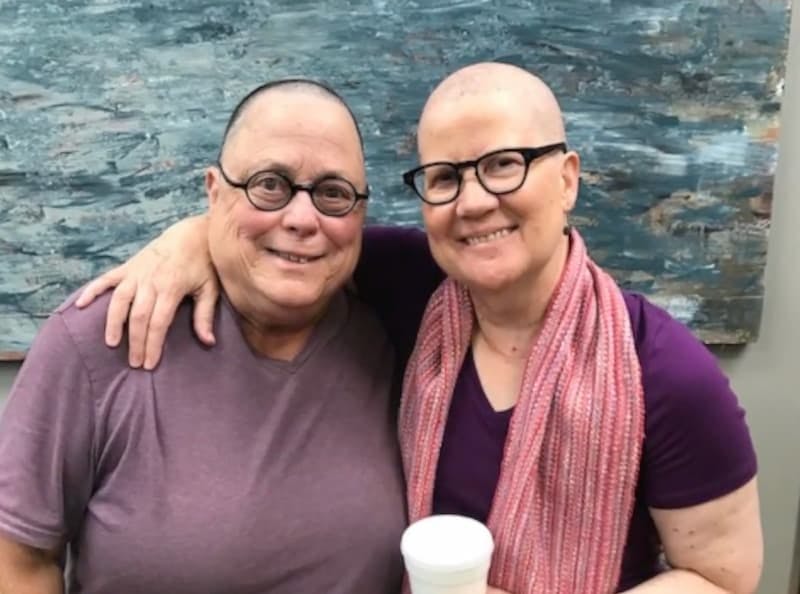
“I’m so grateful” – Ruth’s journey to becoming cancer free
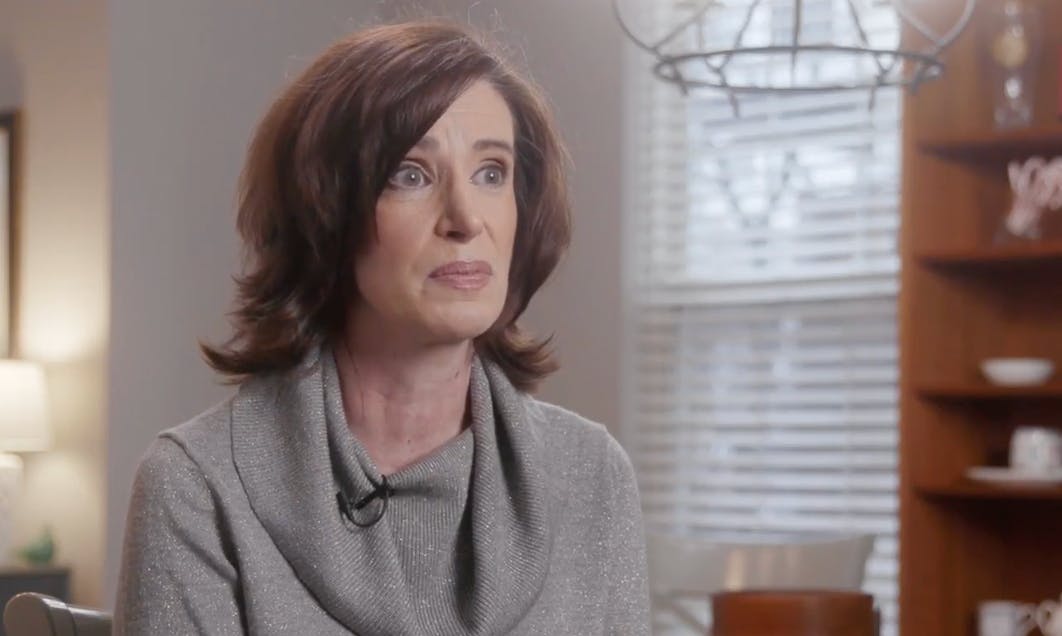
Holly’s mastectomy and DCIS surgery experience
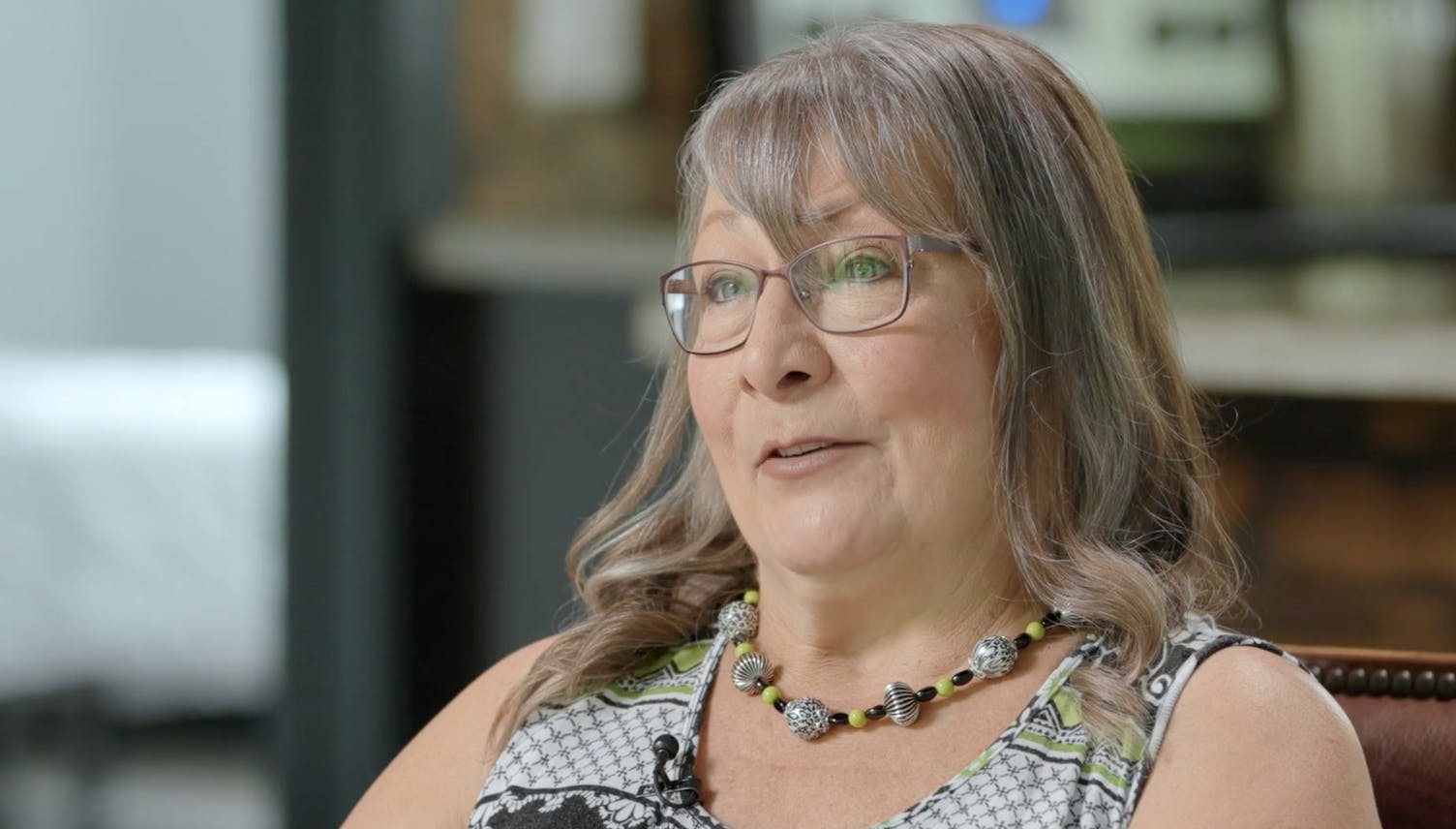
Jeri's breast cancer experience and how she eliminated the need for a sentinel lymph node biopsy

Mitzi’s delayed SLNB journey and how she avoided lymph node surgery
Trusted by experts, demanded by patients
More than 500,000 women have already received a better standard of breast cancer surgery with our technologies. Hear why leading physicians and patients love the Sentimag® platform.
I’m so relieved the cancer is gone and I was able to beat it. It's such an easy procedure. It doesn't hurt, it leaves no marks, but best of all it gives you concrete results.
Holly Miller Patient
Patient information guides
Are you about to have treatment or just want to learn more? Read through our guides about our products and how they're used in breast cancer procedures.

How to perform a thorough breast self-exam
When it comes to breast cancer, early detection saves lives. One way to be more aware of changes to your breasts is through self-examination, but how can you do this effectively?

What is the Magtrace® lymphatic tracer?
The Magtrace® lymphatic tracer is a specialist magnetically detectable liquid which helps surgeons and radiologists in the surgical treatment of breast cancer.
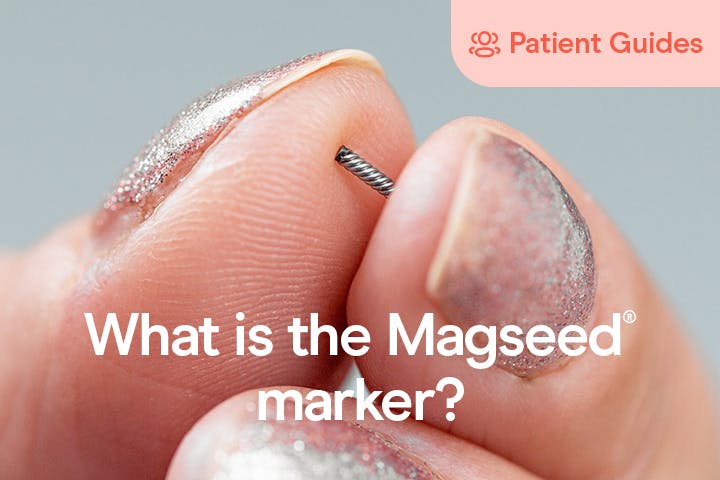
What is the Magseed® marker?
The Magseed® marker is a magnetic, unbreakable seed used by hospitals in the surgical treatment of breast cancer. Read about how it works and why hospitals use it.

'Delayed' sentinel lymph node biopsy with the Magtrace® lymphatic tracer
A Delayed sentinel lymph node biopsy (dSLNB) is a method of treatment that involves marking the lymph nodes ahead of surgery, but waiting for cancer results before further surgery to see if the biopsy is required.
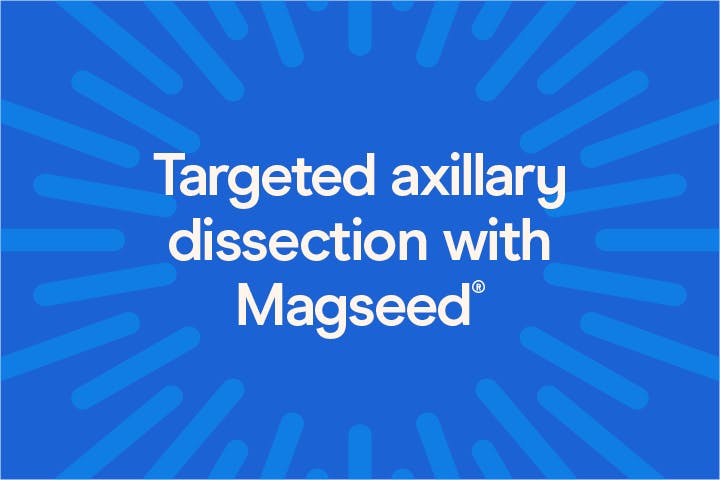
Targeted axillary dissection with the Magseed® marker
Targeted axillary dissection (TAD) is a treatment that involves 'marking' cancerous lymph nodes in your underarm early, before undergoing a therapy such as chemotherapy, and then surgery.

Sentinel lymph node biopsy with Magtrace® lymphatic tracer
A sentinel lymph node biopsy (SLNB) is a treatment that involves identifying and then surgically removing a small selection of lymph nodes from your underarm for investigation.

Lumpectomy surgery with the Magseed® marker
This guide has been written to help you understand more about what's involved in a lumpectomy performed using the Magseed® marker, if you've been diagnosed with early-stage breast cancer.